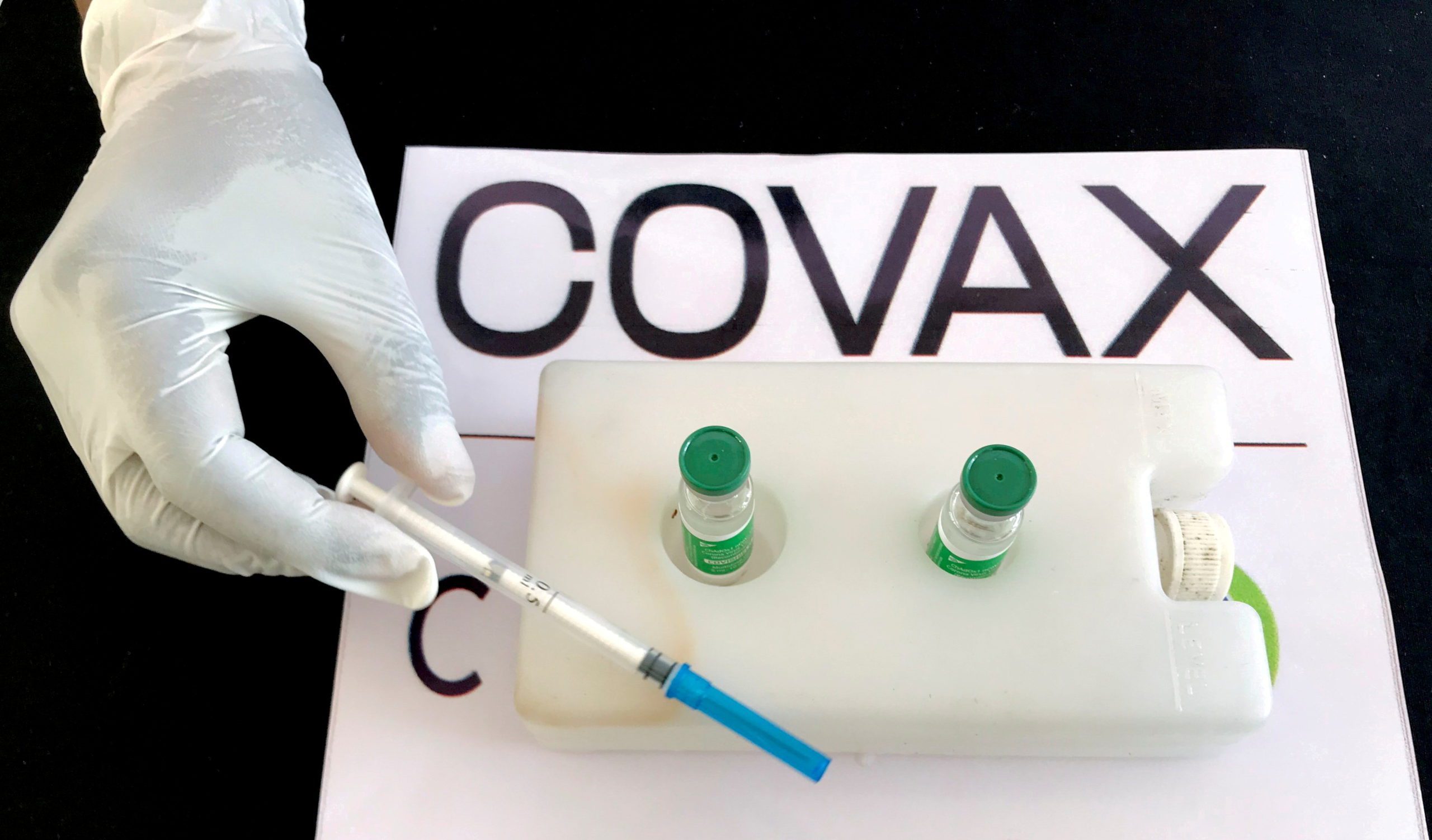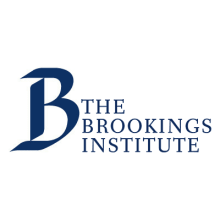
Guinean special forces oust president and dissolve government
On Sunday, September 5, Guinean special forces led by Col. Mamady Doumboya announced on state television that they had removed President Alpha Condé from office and dissolved the current government. In the announcement, Doumboya indicated that military officials would rewrite Guinea’s constitution and also accused Condé of human rights abuses and corruption. Condé, who was elected to a third term in October following a controversial amendment to the constitution allowing him to extend his stay in power, remains in an undisclosed location, according to the country’s military. Social unrest in the country had been building in advance of the coup, particularly after Condé’s government oversaw violent crackdowns on those protesting the constitutional amendment that led to the deaths of 92 protestors over several months.
In response to the coup, leaders of the 15-country Economic Community of West African States (ECOWAS) suspended Guinea from the regional bloc on Wednesday and sent a delegation to meet with the junta behind the coup. The African Union (AU) followed ECOWAS in suspending Guinea from its decisionmaking bodies and related activities, stressing the importance of diplomatic efforts to guide Guinea toward a civilian-led, constitutional government.
In related news, the price of aluminum skyrocketed this week as buyers feared supply disruptions in Guinea, which has the world’s largest reserve of bauxite, an ore that’s the most common source of aluminum.
Côte d’Ivoire discovers new oil and gas reserves
Last week, Italian oil company Eni announced the discovery of a large oil and natural gas field off the coast of Côte d’Ivoire. A deepwater exploration detected the field at a depth of 3,445 meters (11,300 feet) and produced estimates that it contains as many as 2 billion barrels of oil and more than 50 million cubic meters of natural gas. In reaction to the news, the Ivorian Energy Ministry stated that the field would “greatly increase Ivory Coast’s proven reserves in coming years.” The discovery reveals yet another oil field off the Ivorian coast: In total, Côte d’Ivoire has identified 51 onshore and offshore oil fields, of which 21 are still untapped.
Also in Côte d’Ivoire, substantial rainfalls across most of the nation’s cocoa-growing regions bode well for crop yields this year, according to farmers in the region. The rains come weeks before Côte d’Ivoire, the world’s largest cocoa producer, will begin its primary harvest season. In 2019, cocoa and cocoa byproducts accounted for almost 40 percent of the country’s exports. This week, Ghana and Côte d’Ivoire agreed to cooperate on cocoa pricing after Ghana, the world’s second-largest cocoa producer, reported that last year’s cocoa bean harvest of 1.1 million metric tons was its largest on record.
Africa’s vaccination campaign hits hurdles as COVAX lowers vaccine delivery goals
On Thursday, September 9, World Health Organization (WHO) Africa Director Dr. Matshidiso Moeti, announced that, for various reasons, Africa will receive 25 percent fewer doses than originally anticipated for the year. This statement came after a declaration on Wednesday from COVAX that is was lowering its delivery goal to 1.425 billion doses instead of its previous goal of 2 billion. According to a joint statement by the WHO, the Coalition for Epidemic Preparedness, and other involved organizations, the decision to lower the COVAX target is due to export restrictions of the Serum Institute of India as well as manufacturing problems at Johnson & Johnson and AstraZeneca facilities.
Related Content
Criticisms of many developed countries’ vaccine policies are on the rise, as the U.S. recently announced it would make booster shots available to its population: In fact, on Thursday, September 9, Moeti stated, “in the past week, the COVAX Facility delivered over 5 million doses to African countries—while the United States has thrown away three times that amount of doses during the pandemic.” In addition, countries such as the United Kingdom and Germany have secured enough vaccines for five times their populations.
Experts predict that, at the current pace of vaccinations, Africa will remain far behind the rest of the world: In fact, forecasting by The Economist Intelligence Unit predicts that most countries in Africa will not achieve widespread vaccination until the year 2023 while others such as the Unites States will achieve the goal later this year. Indeed, the region is far behind the rest of the world in obtaining and distributing the vaccine due to a myriad of challenges, including supply, cost, poor infrastructure, few cold chain storage facilities, and patient hesitancy, among other constraints.
For more information on vaccine equity and strategies for accelerating the rollout in Africa, join the Brookings Africa Growth Initiative on September 15 for the event, “Accelerating COVID-19 vaccinations in Africa.”


